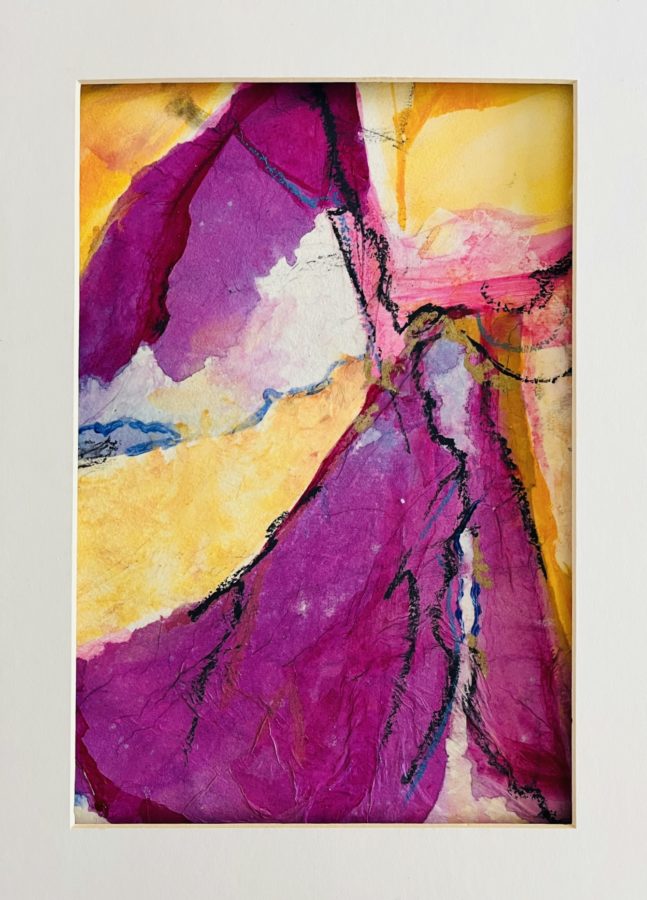
When your body is aching and your mind is in chaos, it is so difficult to actually trust the tools that can help you and serve you. Sometimes I think it’s our emotions that hijack our trust.
I have been practicing Alexander Technique since 1969 and have learned that it’s a process that’s so subtle and often so simple that I forget it’s also a great a tool I can rely on. You can rely on these tools, too.
F.M. Alexander understood that if you repeat directions to yourself such as “I’m going to allow my neck to be free” or “I’m going to allow my spine to lengthen and my torso to widen,” those directions can replace unhelpful thoughts such as “My hip is hurting, my back is out, I can’t get a breath.”
When I trust my Alexander directions, I am reminded that I can use my will to make choices that are good for me, and not fall down the trap of thinking “I’m never going to feel better again.”
My sitting practice is another tool that helps me when my mind is flooded with negativity and anxiety. Sitting meditation doesn’t come so easily for me, because I would prefer to be moving than sitting still – but, precisely for that reason, I practice mindfulness meditation in a chair.
I’ve found that sitting quietly and watching my breath, noticing what’s happening in my mind, focusing on awareness and not the end result I hope to achieve—all these relate directly back to the tools I have learned in the Alexander Technique, which is not to focus on what I want but where I am.
Because both of these practices focus on the breath, I have a sensory experience of feeling expanded in my subtle body and relying on the simple decision to slow everything down.
I’m writing this during a time of seasonal change. It’s in the air. Summer is ending, and Fall will soon be upon us if it isn’t already. Maybe because of our long conditioning that this is the time for school to begin – the time when vacation is over and work beckons – I can feel a resurgence of my old habit of needing to speed up and push beyond my limits. This is a process that will be with me for my whole lifetime.
If I could truly learn to trust that these tools are reliable and my best friends, then my body and my mind do not have to be a battleground but a place of benevolence.
My personality is passionate and fiery, and I have spent most of my life looking outside myself for approval. The decision to strengthen my inner reflective practices allows me to grow and age with more curiosity and less fear of failure.



